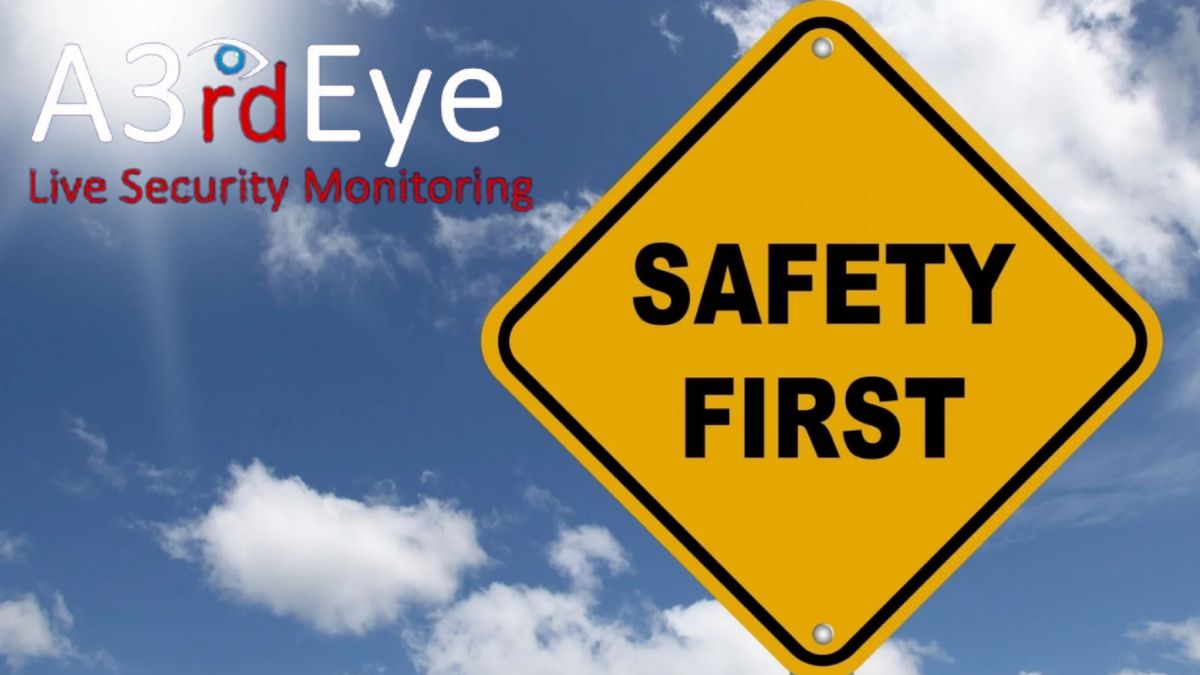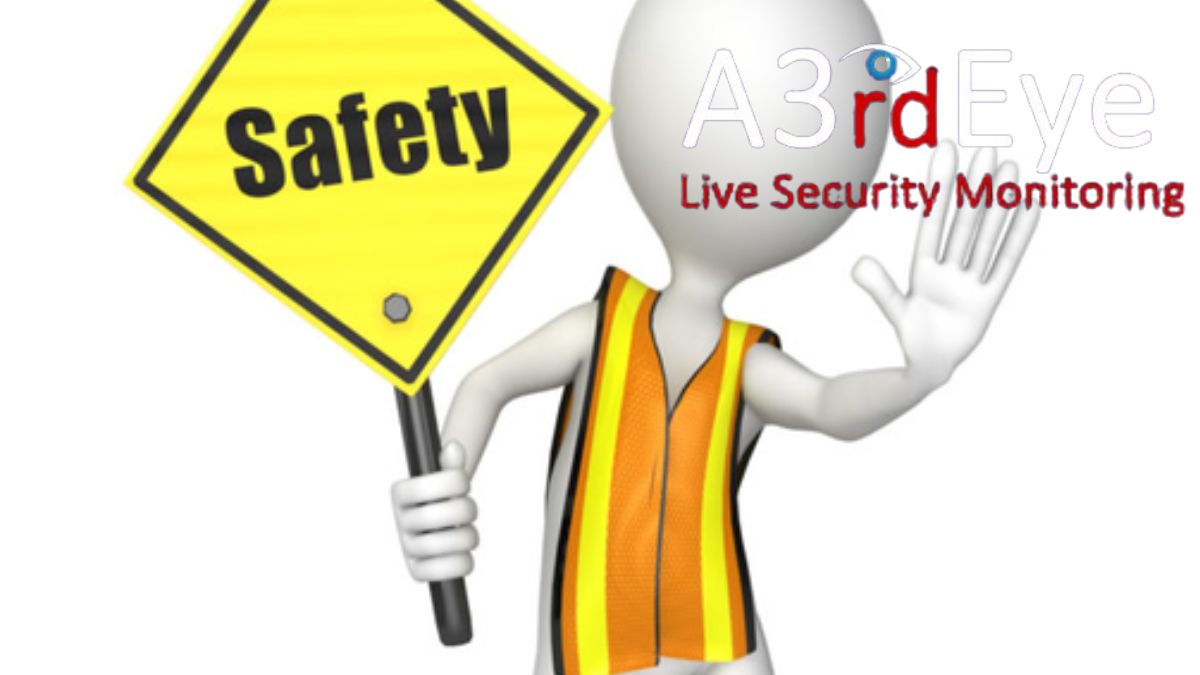
Small Town Security: Ensuring Safety
When compared to the security issues faced by larger cities, small towns typically have unique characteristics. The overall security situation can be impacted by factors including scarce resources, close-knit social networks, and geographical remoteness. It is critical to analyze these unique dynamics in order to create effective interventions.
Improve Emergency Response and Police Forces
Law enforcement and emergency services in smaller communities need to be prioritized for proper funding. This involves things like hiring and training competent workers, supplying cutting-edge tools, and encouraging close coordination across various divisions.
Programs for neighborhood watch and community involvement
Involving the public in security efforts is crucial for stopping criminal activity and protecting the public. Residents are more likely to keep an eye out for and report suspicious activity when there is a neighborhood watch program in place.
Strengthening Existing Safety Protocols
It is especially crucial for small communities to implement efficient physical security measures. Parks, schools, and community centers are just some of the vulnerable locations that might benefit from better lighting, surveillance cameras, and overall security.
Using Technology for Watchful Eyes
Technology improvements have significantly altered safety protocols. Smart surveillance systems, facial recognition software, and real-time monitoring tools can all help improve the safety of even the smallest of communities.
Community Crime Prevention Education
Educating the public on how to reduce crime is especially important in residential areas. Community members can be made aware of preventative steps they can take for their own safety and the safety of their homes by hosting events like workshops, seminars, and outreach programs.
Forming Alliances with Neighborhood Organizations
Small town security operations can benefit greatly from coordinating with regional businesses. Communities can more effectively address security challenges by establishing common goals, sharing relevant information, and working together to implement solutions.
Substance Abuse and Drug Treatment 8
Substance misuse is a concern even in relatively small communities. This urgent problem can be helped by establishing recovery programs, conducting drug awareness campaigns, and offering access to support services.
Reassuring People’s Minds and Souls
Protecting the safety of a community requires attention to both physical and mental health. To help its citizens deal with stress and avoid potential security issues, small towns should make mental health resources, counseling services, and support networks a top priority.
Coping with Teenage Criminality
Juvenile delinquency is complex and involves many different strategies to solve. To deter young people from engaging in criminal behavior and instead pursue constructive pursuits, small communities can implement mentoring programs, youth engagement initiatives, and educational possibilities.
Reduce Cybersecurity Threats
Cybersecurity is an issue that even smaller communities in the modern era need to be ready to deal with. In order to protect a community from digital dangers, it is essential to educate citizens about the need of staying safe online, to encourage the adoption of secure practices, and to set up methods for reporting cybercrimes.
Formulating Contingency Strategies
For the safety of a small town, emergency planning is crucial. It is possible to assure a rapid and successful reaction to emergencies by creating thorough plans, practicing them, and cooperating with nearby communities and first responders.
Facilitating Public Participation and Information Sharing
Small-town safety can be greatly improved via the combined efforts of the community, law enforcement, and the government. In this respect, it is crucial to implement user-friendly reporting tools and establish open channels of contact.
Public Safety Awareness Campaign
The public areas of small towns should be welcoming and safe for everyone. To make sure that everyone can relax and have fun in parks and other public spaces, we need to invest in their upkeep and find ways to discourage disruptive conduct.
Concluding Remarks
Security in a small town is a complex issue that calls for a diversified solution. Small towns can make their citizens’ lives safer by adapting to their specific characteristics and employing tactics that include law enforcement collaboration, community participation, physical security enhancements, and technological advances. Small towns can be safe and thriving places if preventative precautions are taken.
In what ways might community safety be improved in smaller towns?
Improved illumination, more open lines of contact between people and law enforcement, and neighborhood watch groups are all ways in which small communities may make their neighborhoods safer.
What measures may smaller communities take to combat drug abuse?
Rehabilitation centers, drug awareness campaigns, and access to help groups are all ways that smaller communities may combat drug misuse.
Is it important to worry about cyber threats in rural areas?
Cybersecurity threats can also affect rural areas. It’s crucial to create channels for citizens to report cybercrimes and inform themselves about online safety.
When should rural areas start making plans for disasters?
It is possible for small communities to be well-prepared for calamities by creating emergency response plans, practicing these plans through exercises, and cooperating with surrounding communities and emergency personnel.
How can less-populated areas ensure the safety of their public areas?
By investing in their infrastructure, taking care of their parks and recreational places, and taking other steps to reduce the likelihood of antisocial conduct, even small towns may establish welcoming public spaces.

Small Town Security Ensuring Safety

